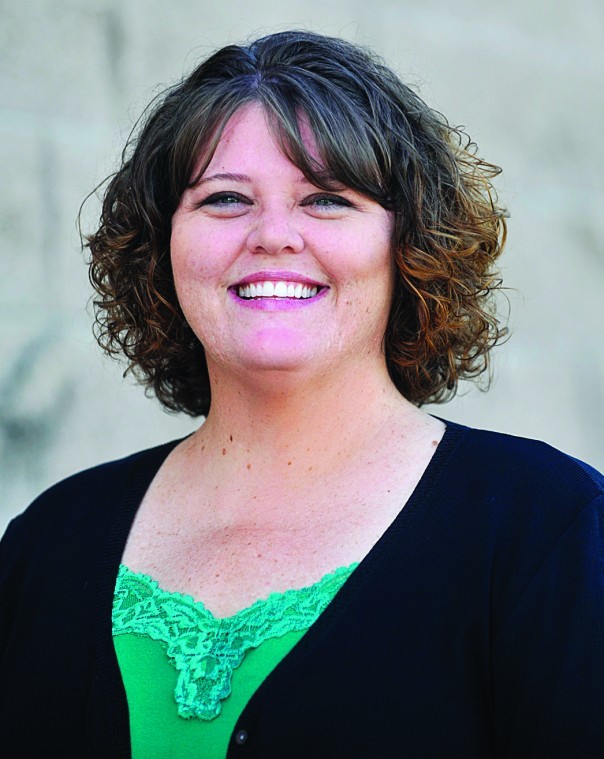When I was young, my family moved several times to different cities throughout California, and this meant I changed elementary schools alone three times. I was never very good at making new friends, but somehow I managed.
Still, those days were not without difficulties. I was teased occasionally for a variety of reasons: I was the new kid, I had naturally curly hair when straight was all the rage, my skin was much too pale, I stood much taller and was heavier than many of my classmates and as junior high rolled around, I gained a pair of glasses. And, I admit, in return I picked on other kids – two specifically in elementary school – who were apparently lower on the “social totem pole” than I was, according to the students I so desperately wanted to fit in with.
I really don’t think there was anyone who wasn’t picked on occasionally for something or other. But back in those days, we didn’t have cell phones for texting, or Facebook or Twitter accounts. We knew nothing of the “cyberbullying” that kids deal with today. And for that I’m grateful. I can only imagine how much more difficult it is to grow up in the spotlight of social networks.
I recently watched a documentary called “Bully” – a film released a couple years ago that sheds light on what bullied children deal with and the response (or lack thereof) by schools and districts. It also documents the lives of two children who committed suicide following extensive bullying. When an 11-year-old child shoots himself or a 17-year-old hangs himself in the bedroom closet, there’s something wrong.
As someone who was teased as a child, it saddens me that there are children who feel there’s no escape, no one to talk to and that there are no other options than to end a life that hasn’t even begun yet. It makes me think about my niece and nephew and wonder what school will be like for them someday.
Kids can be cruel, but they learn it somewhere. And with the intolerance and anger shown by many adults today toward those who are different – whether politically, racially, spiritually – I’m not surprised.
As someone who picked on others to deflect the negative attention I received, it also saddens me that I wasn’t strong enough back in those days to not lash out. Even to this day I think about the two classmates of mine who quietly dealt with my (and others) mouthy comments. I imagine they wouldn’t recognize my face or name if they heard it, but I still remember theirs. I remember them more clearly than I do the children who teased me.
And I think that is an important bit of personal knowledge that kids today should really try to understand.
Time will pass and those who bully will eventually become a faded moment in time, an insignificant piece of your history, a tiny blip in what you can make a successful and beautiful life.
But when you join in and maliciously tease others – and if you’re a normal human being with feelings – there’s a chance it will stay with you, a possibility that you will long feel sorry for your treatment of another simply because they were a little bit different: a little slower, a little poorer, a little weaker.
And I’ve learned that sometimes it’s harder to forgive yourself than to forgive others.
At least for me it is.
It’s a worn out phrase, but if I could go back and do it all again …
I’d tell myself that the bullying aimed at me during my childhood will soon be a distant memory and will have no bearing on who I eventually become as an adult. Once into junior high and high school, I’d come into my own, join activities, find lifelong friends.
I’d tell myself that trying to be accepted by my peers by making fun of others will not only hurt them, but will stay with me for many, many years. Instead, I’d talk with them at recess and listen to their stories. I’d step up to the plate and be a friend – perhaps a lifelong friend – and help them deal with those rough elementary school years.
But most of all, I’d simply tell myself that in the grand scheme of things, none of it matters all that much. How “cool” or “uncool” you are and where you stand on the social ladder seem like the most important things in the world, but social status has a way of leveling off – just ask anyone who has attended a 20-year or more high school reunion.
What does matter – no matter your age – is how you treat others. That’s what people remember: the one who was kind when everyone else was vicious, the one who offered a smile when everyone else was glaring.
I think that’s probably what really matters in the end.










